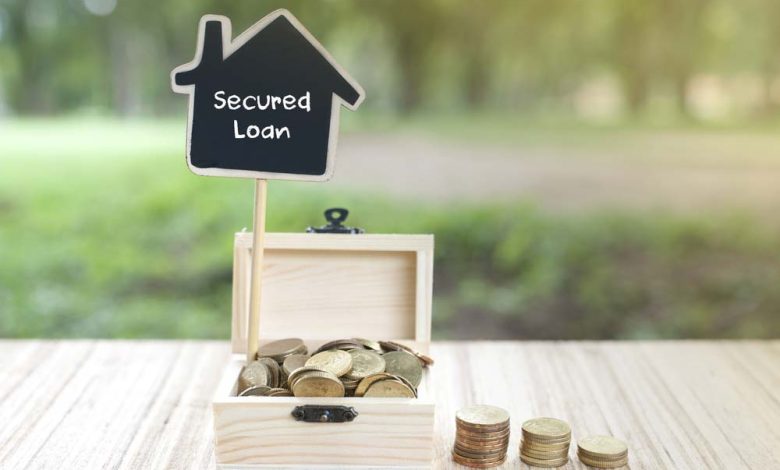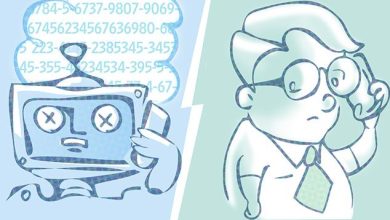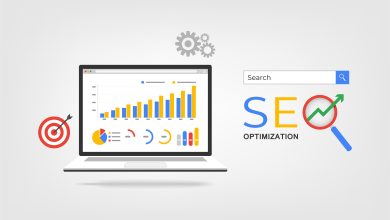
Secured loans, which have fewer restrictions regarding qualification requirements than unsecured loans, enable borrowers to access much-needed cash or make significant purchases, such as a home or new automobile. In addition, borrowers can receive funding while maintaining low-interest rates by pledging valued assets.
Hence, a secured personal loan is based on a simple concept. Lenders take collateral in exchange for a secured loan to motivate borrowers to repay the loan on time. After all, the threat of losing your home or automobile is a solid inducement to repay the debt and prevent repossession or foreclosure.
Definition of Secured Loan
A secured loan is backed by a valued asset such as property investment, bank deposits, or an automobile.
Many loans are secured by the underlying item being financed, such as a home or automobile; however, lenders may be able to pledge other collateral, such as investments or valuable antiques.
How Secured Loans Function
Borrowers with a secured personal loan can access a lump sum of cash to finance everything from home improvement projects to purchasing a car or home. These loans are often available through:
- Banking Institutions
- Community Banks
- Auto Dealers
- And Mortgage Brokers
Even though secured loans are less hazardous for lenders, the application process typically requires a hard credit check. Though some lenders allow you to prequalify with only a soft credit inquiry.
Furthermore, while secured loan amounts incur interest like other loans, borrowers may be able to obtain lower annual percentage rates (APRs) than are available with unsecured choices.
What Can Be Used as Secured Loan Collateral?
Often, the collateral required for a secured loan is tied to the loan’s underlying purpose.
This is most famously demonstrated by mortgages, in which the home loan is collateralized by the house being funded.
However, proper collateral can also be determined by various other factors, such as the lender and the loan amount. Common types of collateral include:
- Real estate includes residences, commercial establishments, land, and capital in property investment.
- Bank deposits, savings, and certificates of deposit are all types of accounts, and money market accounts are all examples of savings accounts.
- Assets such as equipment, property, stock, and other business assets
- Metals, coins, and collectibles are examples of valued assets.
What Happens If You Fail to Repay a Secured Loan?
If you fail on a secured loan, your creditor may seize the collateral to redeem the loan’s outstanding sum.
In a mortgage, this entails taking legal action against the borrower. For example, if you fail to pay an auto loan, the lender may repossess the financed vehicle.
In general, the value of the underlying loan collateral should be equal to or greater than the loan amount; this increases the lender’s chances of minimizing their losses in the event of failure.
In Summary
Acquiring a secured loan requires careful consideration, and it takes significant research and planning to obtain the best-secured loan for your unique circumstances, as well as a reasonable repayment schedule.
The best method is to understand the stakes, deal with the correct lender, and have a backup plan in place if you run into financial difficulties repaying your secured loan.
Cover those critical points, and your secured loan experience can be a success, with you receiving the money you require while keeping your valuable items in your name.





